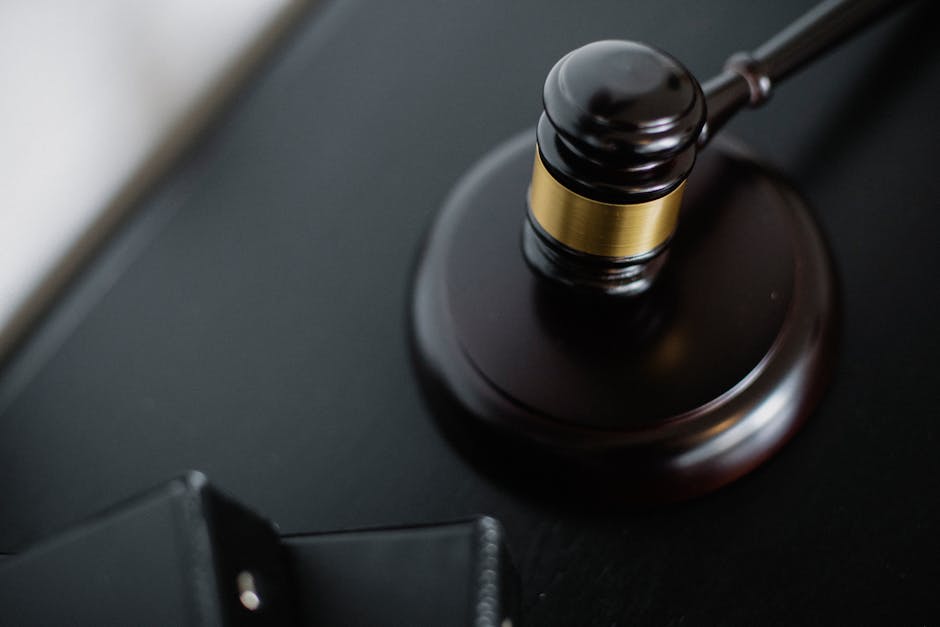Supreme Court to Hear Plea Challenging Sonam Wangchuk‘s Arrest Today
The Supreme Court of India is set to hear a petition challenging the arrest of Sonam Wangchuk, a globally recognized environmentalist and education reformist, today. This hearing marks a pivotal moment in a case that has drawn nationwide attention. Wangchuk, famously known as the inspiration behind the character Phunsukh Wangdu in the film 3 Idiots, was arrested last week amid escalating tensions in Ladakh over demands for statehood and environmental safeguards.
The arrest has sparked outrage among activists, students, and civil society groups, who view it as an attempt to suppress dissent and silence voices advocating for the rights of the people of Ladakh. As the Supreme Court prepares to hear the plea, the nation watches closely to see if justice will be served and democratic principles upheld.
The Background of the Case
Sonam Wangchuk has been a leading figure in the movement demanding statehood for Ladakh and the implementation of the Sixth Schedule of the Indian Constitution. This schedule provides for the administration of tribal areas through autonomous district councils. These demands gained momentum after the abrogation of Article 370 in August 2019, which stripped Jammu and Kashmir of its special status and bifurcated the region into two Union Territories: Jammu & Kashmir and Ladakh.
Wangchuk has consistently argued that the people of Ladakh, particularly the indigenous tribal communities, need constitutional safeguards to protect their land, culture, and environment. His concerns have been heightened by the increasing influx of industrial projects and the potential for ecological degradation in the ecologically sensitive Himalayan region.
In recent months, Wangchuk led a series of peaceful protests, including a 21-day hunger strike, to highlight these issues. His arrest followed his announcement of plans for a larger demonstration in Leh, which authorities claimed could disrupt public order.
The Legal Challenge
The plea before the Supreme Court, filed by Wangchuk’s legal team, argues that his arrest is unconstitutional and violates his fundamental rights to freedom of speech and expression under Article 19 of the Constitution. The petition also alleges that the arrest was politically motivated and aimed at curbing the growing momentum of the statehood movement in Ladakh.
Advocates for Wangchuk contend that his detention under preventive measures is disproportionate and unjustified, given his history of non-violent activism and his contributions to education and environmental conservation. They have called for his immediate release and the withdrawal of all charges against him.
Public Reaction and Support
The arrest has triggered widespread solidarity across the country, with prominent activists, academics, and public figures condemning the move. Social media platforms have been flooded with hashtags like #FreeSonamWangchuk and #JusticeForLadakh, reflecting strong public support for the activist.
In Ladakh, protests have erupted in various parts of the region, with locals demanding Wangchuk’s release and reiterating their demands for statehood and environmental protection. The issue has also garnered international attention, with global environmental organizations and human rights groups expressing concern over the treatment of the activist.
What’s at Stake?
The Supreme Court’s decision today will have far-reaching implications, not just for Sonam Wangchuk but for the broader discourse on democratic rights and environmental justice in India. The case highlights the delicate balance between maintaining public order and safeguarding the right to dissent, a cornerstone of any thriving democracy.
For the people of Ladakh, the hearing represents a critical juncture in their struggle for autonomy and ecological preservation. The outcome could either bolster their efforts or deal a significant blow to their aspirations.
As the nation awaits the Supreme Court’s verdict, one thing is clear: Sonam Wangchuk’s arrest has reignited a crucial conversation about democracy, dissent, and the need to protect the voices that dare to challenge the status quo.
Stay tuned to NextMinuteNews for live updates on the hearing and its aftermath.




